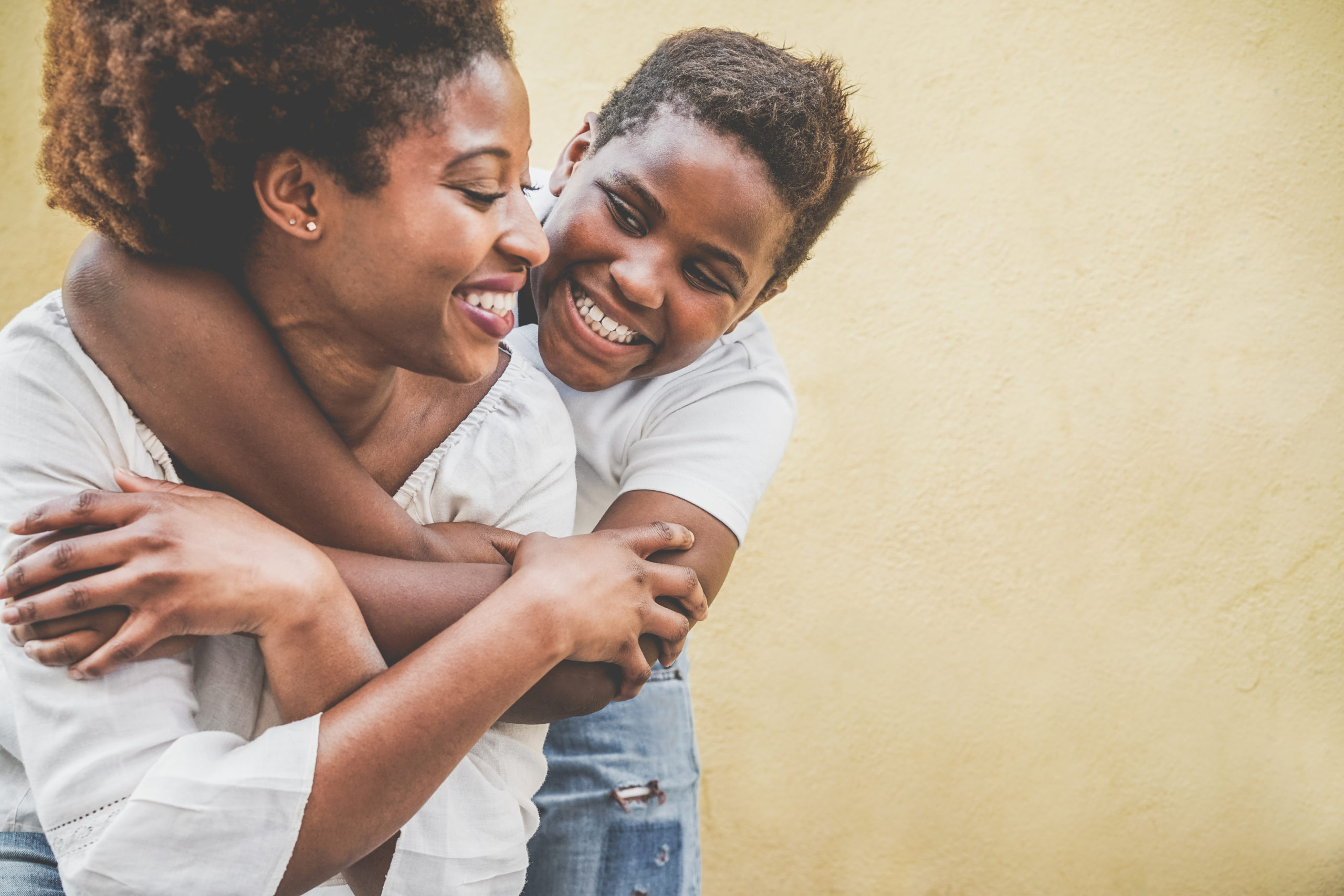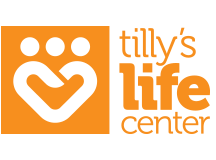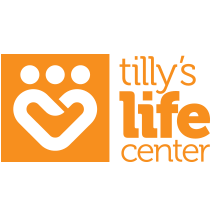
17 Nov Why Gratitude Matters, Especially for Teens
What Is Gratitude?
While it may seem abstract, especially for teens who might not have attempted an intentional practice of gratitude before, it’s simple really. At its core, it is about pausing, recognizing, and appreciating. Taking it further, gratitude for teens can be a recognition of the good from the past, the present, or the future. Whether they find the beauty in their memories, appreciating their current blessings, or maintaining optimism for what is to come, with self-reflection they can discover something to feel grateful for. In a more tangible sense, teens can focus on the people they love, their favorite things, the endless possibilities ahead of them, and so much more. So, consider taking this holiday season as an opportunity to endorse the spirit of thankfulness well-beyond Thanksgiving day.
You can start by explaining to your teen what gratitude means and what it might look like in their lives. Be sure to let them know that it is not about ignoring the difficult aspects of life, they don’t have to pretend that they are without complaints. Instead, it is about recognizing the good things, appreciating them, and acknowledging where those things are coming from. To help them conceptualize it, remind them of the key words they already know about positivity and gratitude. Encourage your teen to embrace the parts of life that leave them feeling thankful, appreciative, and even humbled or blessed. As you discuss the opportunities gratitude can bring, be prepared to answer questions.
Why Gratitude Matters
Teens are experts at living in the moment. With fewer years of experience under their belts, they so often focus on the things they want in life, what they don’t have, or what they wish they could change. Gratitude for teens can be a great way to find satisfaction, experience happiness with their current state, and push them to feel content while helping build confidence to reach for goals nonetheless. Focusing on the positive qualities of life can make teens more open-minded and optimistic. As a result, they are likely to feel more able to make clearer, healthier decisions.
We know that habitual gratitude can be good for us. It increases the happy emotions that lead to a better outlook and a more fulfilling life. At the same time, it can counteract difficult emotions and the challenging situations that life can bring. It might even serve as a powerful coping mechanism after experiencing adversity. Gratitude can also increase focus by easing stress, anxiety, and other difficult emotions. Beyond this, feeling grateful for others in our lives can make us feel a deeper connection to our important relationships. As a result we are more likely to be willing to forgive, feel less lonely, exude more compassion and be generous towards others.
How to Practice Gratitude
To access the many benefits, teens will need to practice on a regular basis, forming a gratitude habit. This can look like thinking about or jotting down a short list, even just a few things to be grateful for. While ideally, teens can take a moment to practice each day, even just once a week can make an impact. Teens can choose to build this into their schedule in a way that works for them. Using gratitude as an intention setting tool in the morning is a powerful way to begin the day, also transformational is ending the day by reflecting on the gifts of the day.
Encourage teens to find a gratitude activity that suits them, and offer to help them get started. They can begin writing in a gratitude journal, posting sticky note reminders, or sending a thank you note to themselves or someone they are grateful for. Even a meditative moment of positivity or prayer can be a great way to start a habit. Your teen might get the most out of their practice by focusing on an aspect of their life they are feeling troubled about. Maybe it’s their health, school, or relationships — thinking about what they are grateful about within an aspect of life that they wish to improve can help them see things more clearly and optimistically. It can help them learn to love themselves, their situation, and feel more confident about reaching toward their goals.
At Tilly’s Life Center, we believe that gratitude is a key part of not only the holiday season, but also a positive and fulfilling life for teens. Our mission is to provide teen mental health resources through our social and emotional learning curriculum that can help young people form healthy habits and cope with life’s challenges. To learn more, visit us at www.tillyslifecenter.org.


